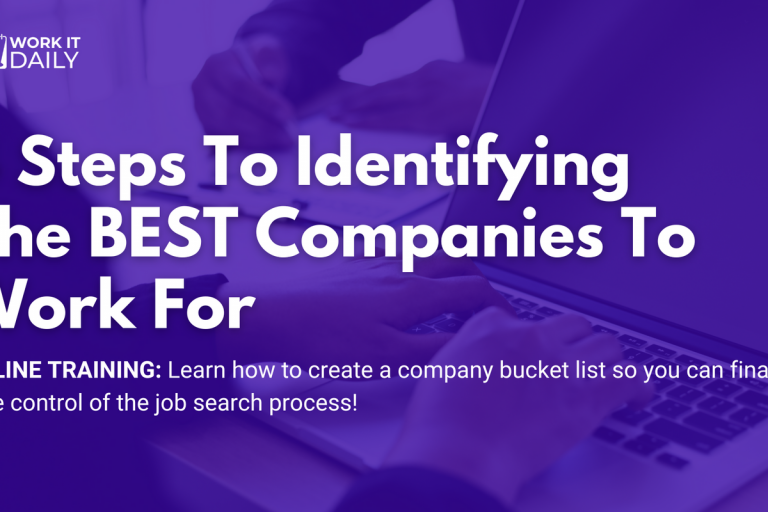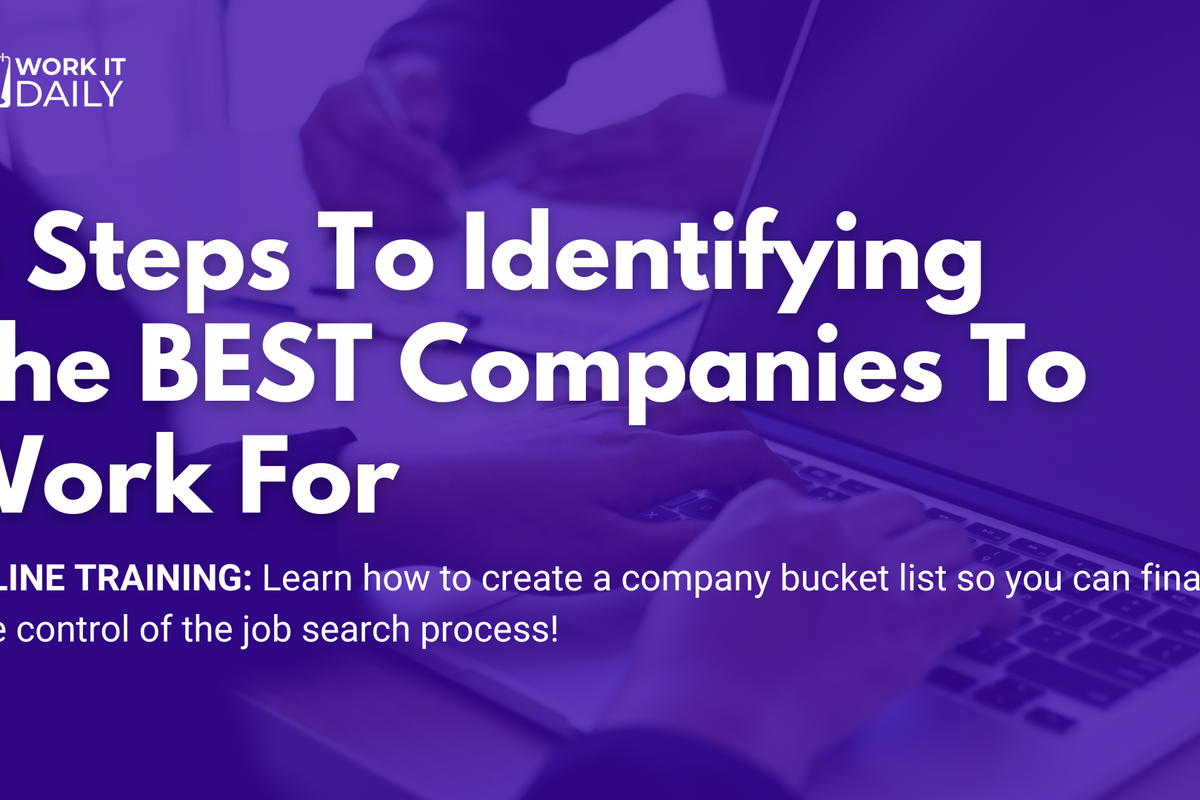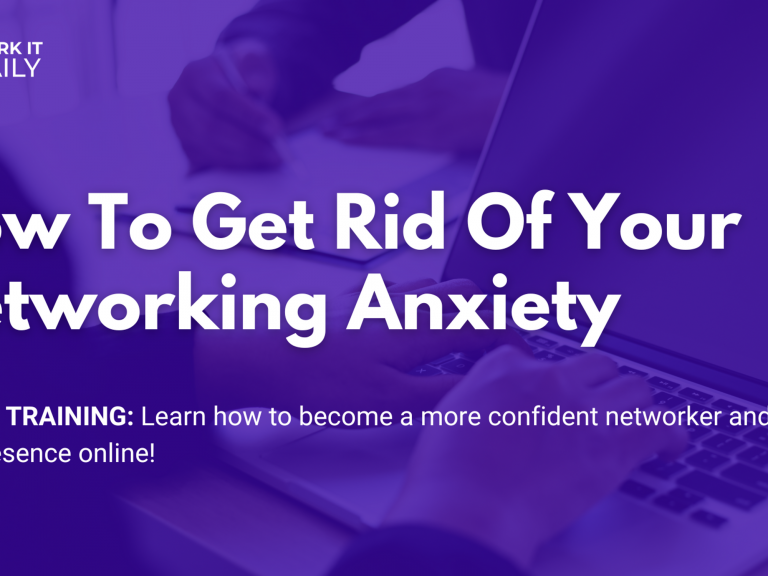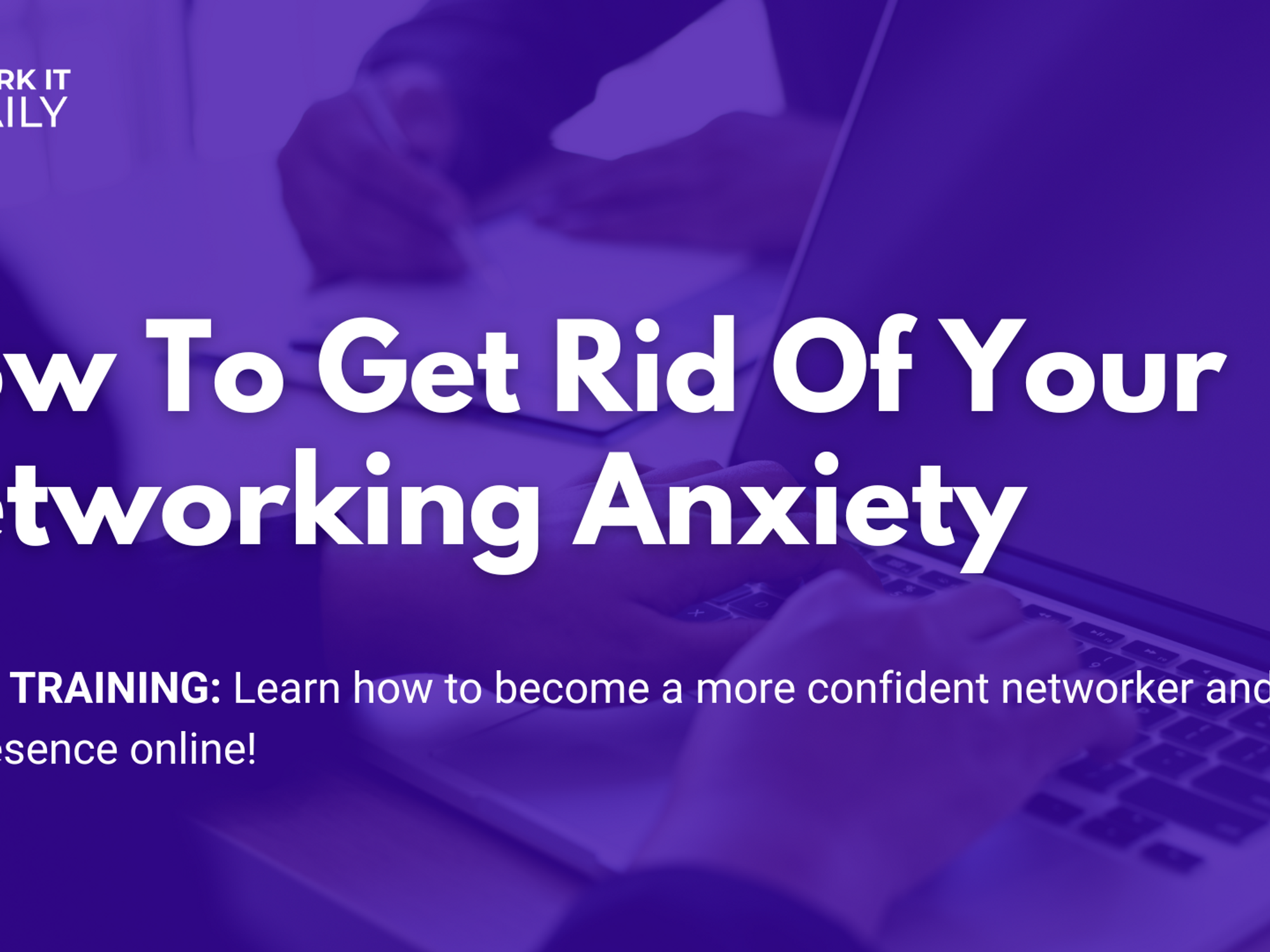3 Tips On How To Answer “Why Are You Leaving Your Job?”

A prepared job seeker will have thought about the questions that will be asked in their job interview. One of them may be: “Why are you leaving your job?” As you think about a response to this question, also consider how the interviewer may interpret that response.
It’s important to take caution with how you answer questions in a job interview because when they’re not framed properly, they can be interpreted negatively and cost you the job opportunity.
There can be many reasons why you want to leave your job. For example:
- You hate your boss
- You’re bored at work
- You want more money
- You want more challenges
- You don’t want to work in this particular field or industry
- Or an assortment of other reasons
Whatever your reason is, it’s not always appropriate to tell it like it is to the potential employer. Think of a response that will impress the employer that still comes off as an honest reason.
Here are some tips to help:
Give A Positive Response To The Question
Communication in a job interview should always come off as positive. To start, you may talk about the great opportunities you’ve been given and how much you’ve learned through your current employer before giving your reason for leaving your job. Employers like to hear things like this because you come off as professional and respectful of your existing employer even though you have made the decision to move on.
Regardless of your true feelings about the situation at work, never bad mouth the company or your co-workers.
Don’t Dwell On What Your Current Employer Isn’t Offering You

There may be multiple reasons why you want to leave your current job, but you don’t need to include information about what you’re not being offered. The reason for this is that potential employers can interpret it as an action you may take against them if hired.
For example, instead of saying, “I don’t feel challenged at work anymore,” reframe the message to say, “I’m looking for new challenges in the area of X, Y, and Z, which I can see this job offers,” and then go into the experience and skills you have to offer to further impress the interviewer. Reframing your response this way makes it less likely that the employer will take the information and interpret it negatively.
Focus On The Future

Talk about what you’re heading towardsâwhat you want to experience and achieve to continue growing professionally. It works best when you can also tie in how the potential employer could offer that to you. When you answer in this manner, it informs the employer that you are an individual who seeks self-improvement and that you have a real interest in the company because of what they specifically offer. It tells the employer you are someone with great potential for hire who will be dedicated to employment with them for a reasonable amount of time.
“Why are you leaving your job?” is only one out of many questions you will be asked in a job interview. Knowing how to respond positively and framing it in a way that informs the employer why you’re a great fit ensures you stay in the running for the job and helps move you on to the next stage of the interview process.
Need more help with your job search?
We’d love it if you signed up for Work It Daily’s Event Subscription! Get your career questions answered in our next live event!
This article was originally published at an earlier date.





























































